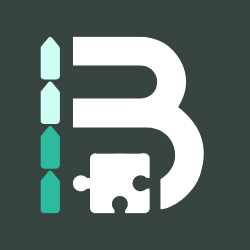The demand for renewable energy solutions has been on the rise in Nigeria, with more and more individuals and businesses seeking alternative sources of power. One of the most popular options for providing clean and affordable energy is through the installation of solar panels. However, a major challenge that businesses providing solar solutions in Nigeria face is the high initial investment costs and equipment costs.
When starting a solar solutions business in Nigeria, the cost of equipment and materials can be a major barrier to entry. Solar panels, inverters, batteries, and other components needed for installation can be expensive, making it difficult for entrepreneurs to start the business without significant financial resources. Additionally, the cost of installation can also be high, further adding to the overall investment cost.
Despite the high initial investment and equipment costs, there are ways to overcome these challenges and build a successful solar solutions business in Nigeria.
1. Seek Out Government Incentives and Grants
The Nigerian government has shown support for renewable energy solutions by offering various incentives and grants for businesses in the sector. Solar solutions providers can apply for grants through the Nigerian Climate Innovation Center (NCIC) and other government agencies. Additionally, there are tax breaks and other incentives available for businesses in the renewable energy sector, which can help to offset some of the initial investment costs.
2. Partner with Investors
Another way to overcome the high initial investment costs is by partnering with investors who are interested in the solar solutions sector. This can provide access to funding, technical expertise, and business networks that can help to accelerate the growth of the business. Solar solutions providers can pitch their business ideas to investors and seek out partnerships that can help to share the costs of the initial investment.
3. Offer Financing Options
One of the biggest obstacles to adoption of solar solutions is the high upfront cost of installation. Offering financing options, such as payment plans or leasing agreements, can help to make the investment more accessible to potential customers. By spreading out the cost over a longer period, solar solutions providers can help to make the investment more manageable and attractive to customers.
4. Focus on Efficiency and Quality
Another way to overcome the high initial investment and equipment costs is to focus on efficiency and quality. By providing high-quality solar panels, inverters, and other components, the business can build a reputation for reliability and longevity. This can help to attract customers who are willing to pay a premium for a reliable and efficient solar solution, which can help to offset some of the initial investment costs.
In conclusion, the high initial investment costs and equipment costs can be a major challenge for businesses providing solar solutions in Nigeria. However, there are ways to overcome these challenges and build a successful solar solutions business. By seeking out government incentives and grants, partnering with investors, offering financing options, and focusing on efficiency and quality, solar solutions providers can overcome these challenges and contribute to the growth of the renewable energy sector in Nigeria.

